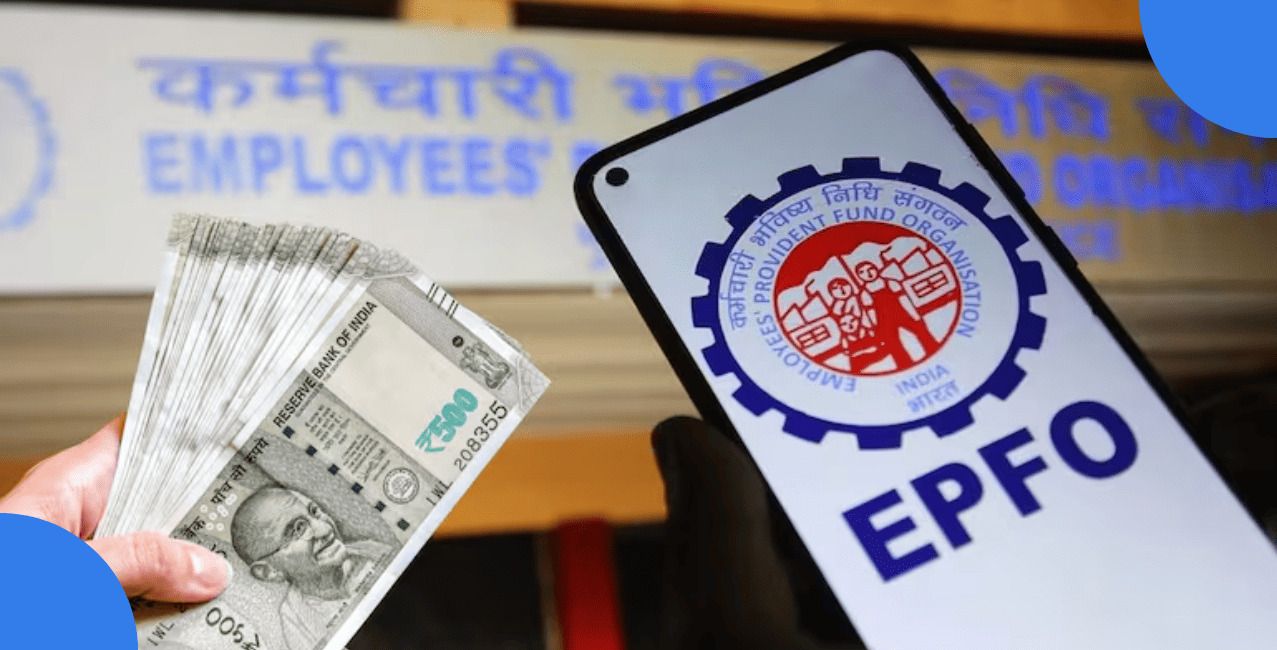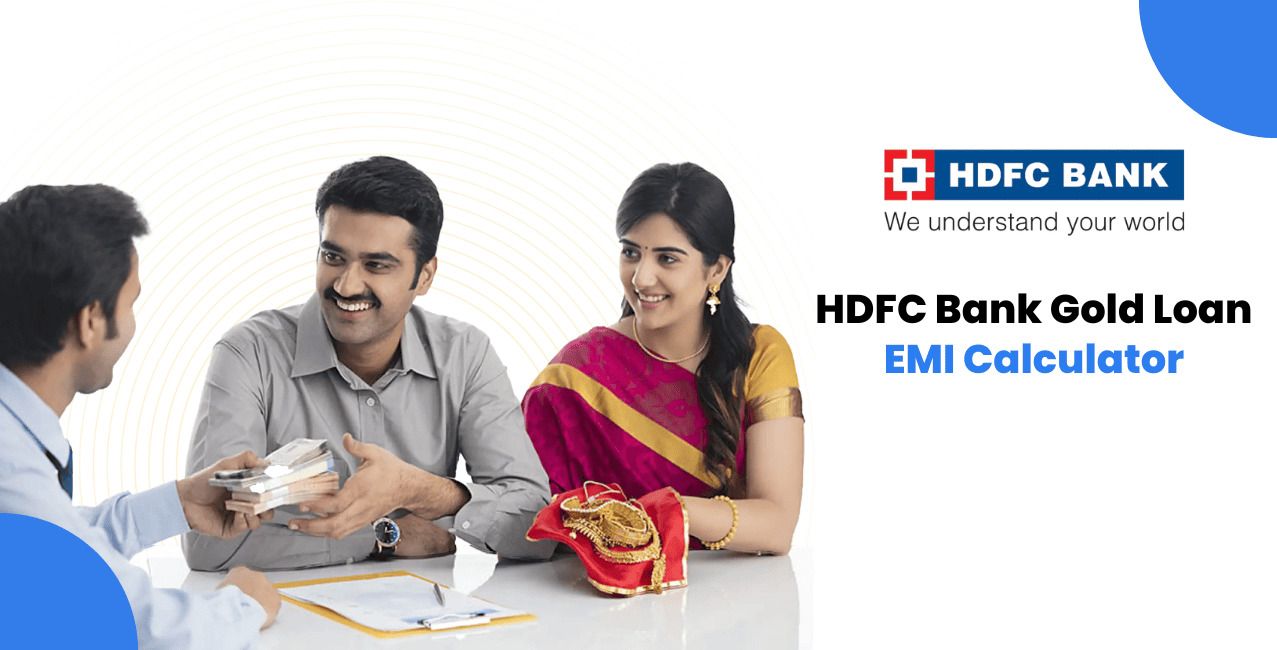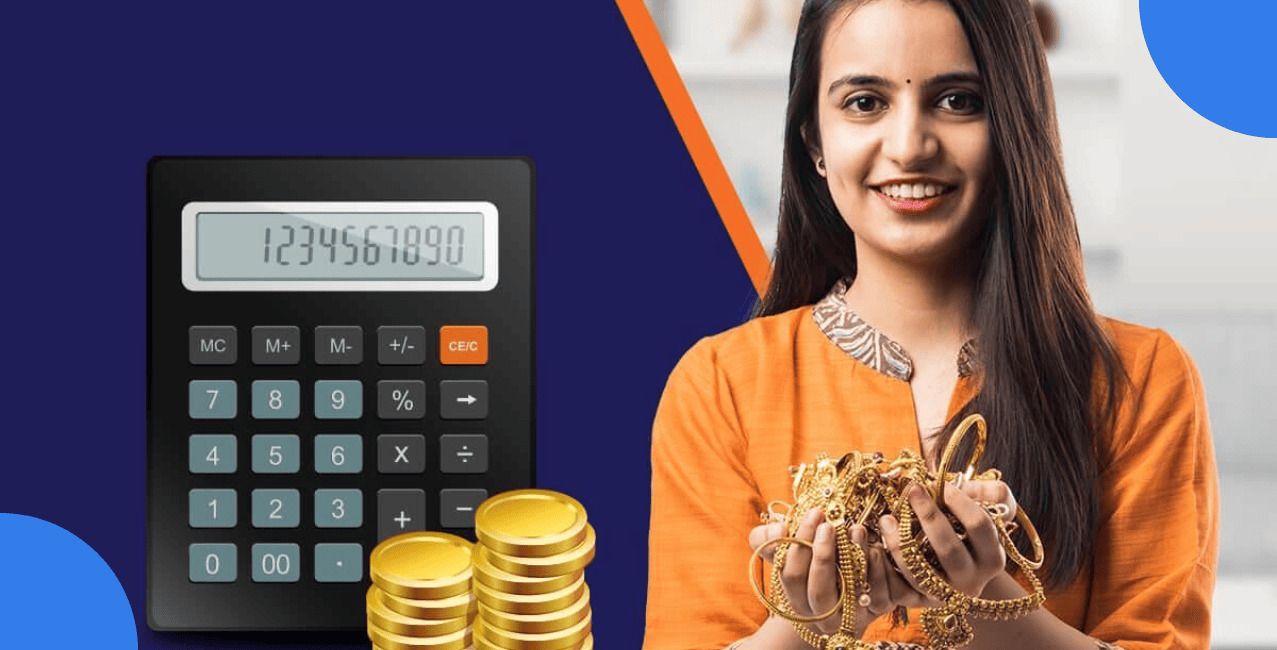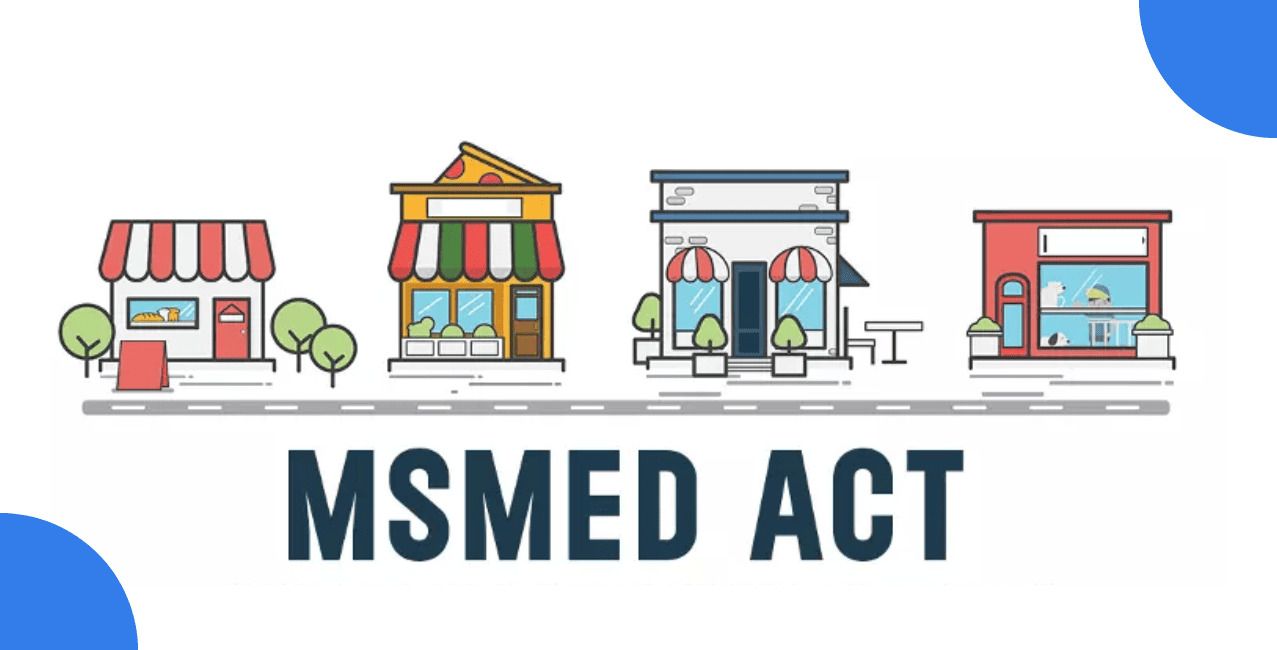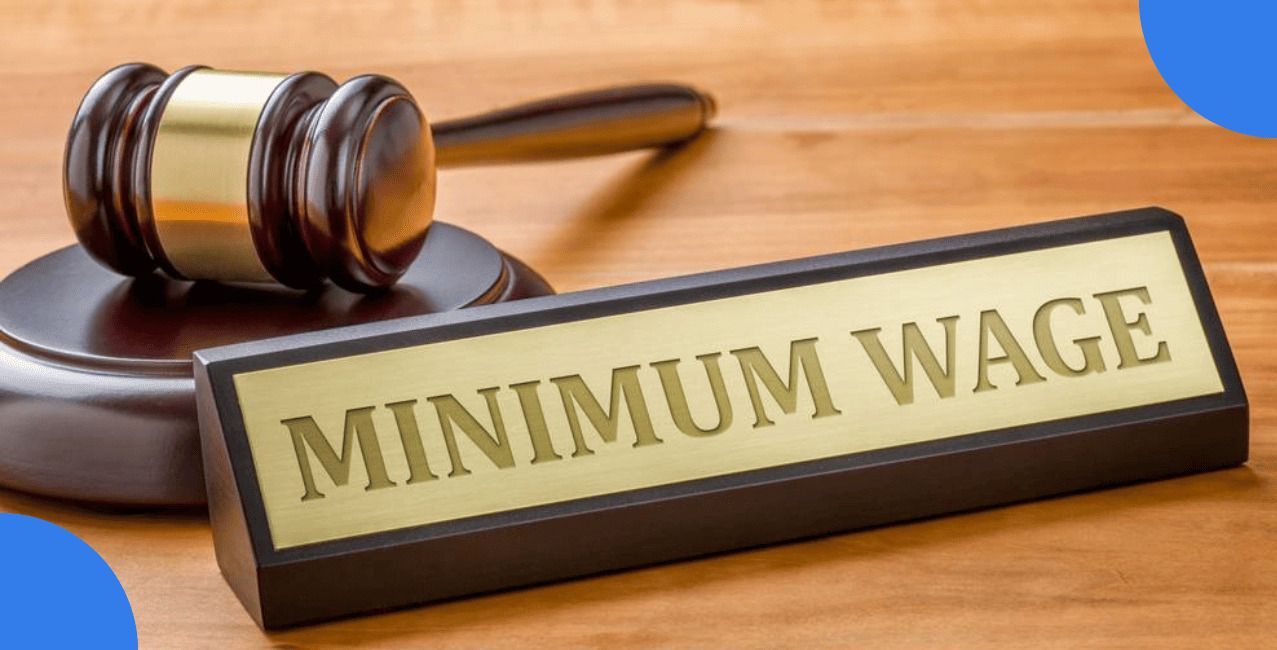Why You Should Consider Debt Consolidation Before Applying for a Home Loan
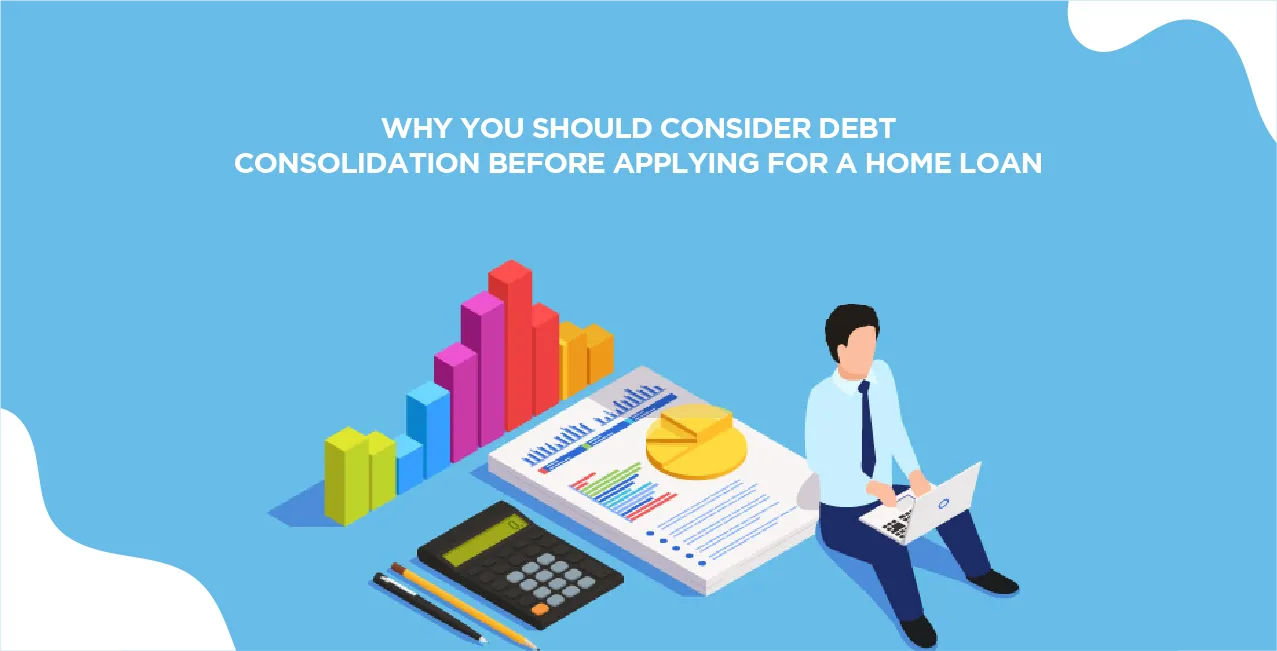
Check Your Loan Eligibility Now
By continuing, you agree to LoansJagat's Credit Report Terms of Use, Terms and Conditions, Privacy Policy, and authorize contact via Call, SMS, Email, or WhatsApp
Based in Mumbai, 30-year-old marketing executive Monika had only one dream: “Apna ghar hona chahiye!" She finally found her dream house – a beautiful one at a price of ₹60 lakh – and applied confidently for a ₹50 lakh home loan. A steady monthly salary of ₹1.2 lakh made Monika think getting a loan would be "ekdum smooth” – only for her to realise, "Kahani me twist aa gaya!"
At the bank, she got hit by a shocker: her high debt-to-income (DTI) ratio. Her existing EMIs had blocked her chances:
- Personal loan: ₹5 lakh (EMI ₹15,000)
- Car loan: ₹8 lakh (EMI ₹12,000)
- Credit card dues: ₹2 lakh (Min. Payment ₹8,000)
Her total monthly debt payments were ₹35,000, making her DTI ratio 29% (₹35,000 ÷ ₹1,20,000). The bank said, "The loan can be availed, but the interest will be much too high!"
Monika knew she had to rectify this. After a lot of Googling, she became familiar with Debt Consolidation, a smart tactic for managing loans. She combined her loans into one, which totalled ₹15 lakh with reduced EMIs of ₹25,000. Thus, her debt-to-income ratio (DTI) slid down to 21%, which gave her a greater chance of dealing well with a home loan.
This article will help you see how debt consolidation can simplify your finances and help you get the best bank loans for your house. Let's dive right into it!
Debt Consolidation 101: “Agla Station – Financial Freedom!
It combines your several outstanding debts into a new loan with a single monthly payment and a reduced interest rate to help you lower your financial stress.
Read More – Personal Loan Debt Can Affect Your Home Loan Eligibility
Suppose you need to pay back money to three friends:
- ₹500 to Rahul for a party
- ₹1,000 to Priya for a T-shirt
- ₹2,000 to Aman for gaming accessories
It causes severe stress when you have to keep track of multiple payments alongside due dates.
Debt consolidation is like borrowing ₹3,500 at a lower interest rate from one friend and then using the money to pay your other debts with just one repayment instead of many.
Individuals can benefit from debt consolidation by merging several loans into one lower-interest payment to simplify their financial obligations.
“POV: You Just Cleared Your Debt” – The Best Ways to Consolidate Debts
This table shows how various debt consolidation methods work for different types of borrowers along with their main advantages. Knowing debt consolidation types helps you pick the best solution to control and lower your debts.
Method | How It Works | Best For | Key Benefit |
Personal Loan | Take a single loan to pay off multiple debts. | Individuals with a good credit score. | Fixed EMI, lower interest rate. |
Balance Transfer Credit Card | Transfer all dues to a new card with lower or 0% interest for a limited time. | Those who can repay quickly. | Saves on interest if paid on time. |
Home Equity Loan | Borrow against your home’s equity at a lower rate. | Homeowners who are comfortable using property as collateral. | Lower interest than personal loans. |
Debt Consolidation Loan | A specialised loan to merge multiple debts. | Those with multiple high-interest loans. | Simplifies repayment. |
Debt Management Plan (DMP) | A credit counselling agency negotiates lower rates and a structured plan. | People struggling with high-interest debts. | Professional financial guidance. |
Loan Against FD/Insurance | Borrow against your fixed deposit or insurance policy. | Those with an FD or life insurance policy. | Lower interest than unsecured loans. |
How Debt Consolidation Lowers Your Mortgage Rate: ‘Save Big Like Jethalal’
Lenders use your DTI ratio and credit score to check your financial situation during the home loan approval process. High outstanding debt increases your mortgage rates or makes you ineligible for the loan. Debt consolidation helps borrowers in the following ways:
Reduces Your Debt-to-Income (DTI) Ratio
- Lenders prefer home loan applicants with a DTI ratio equal to or below 40%.
- By combining several debts into one payment with a lower EMI, you become eligible for better mortgage terms.
Example: Before debt consolidation, Monika had EMIs totalling ₹35,000, which raised her debt-to-income ratio to 29%. Converting all her debts into one ₹15 lakh personal loan at ₹25,000 EMI cut her debt-to-income ratio from 29% to 21%.
Monika received a more attractive mortgage rate because her application showed a lower risk.
Improves Your Credit Score
- By paying off your high-interest credit card debt, you reduce your credit usage while improving your CIBIL score.
- When you have a better credit score, you receive home loans with lower interest rates.
Example: Monika's poor credit score suffered due to her ₹2 lakh credit card payments, which she used extensively.
After debt consolidation, her outstanding balances were reduced, boosting her credit score above 750, which helped her secure a lower mortgage rate.
Lowers Monthly Financial Burden
- Your combined loan obligation becomes more manageable when you borrow a single lower-interest loan.
- When you pay off credit card debt, you show lenders you have stable finances, which lets them offer you better mortgage rates.
Example: Before consolidation, Monika’s different loans had high interest rates and varying payment dates, leading to financial stress.
With a single consolidated loan, she had a fixed EMI, making budgeting easier.
Enhances Loan Eligibility
- When you have fewer debts, you appear as a low-risk borrower.
- You can get bigger loans and more favourable interest rates on your home financing.
Example: Monika obtained better financing terms on her ₹50 lakh loan because her higher DTI ratio and credit score improved.
DTI Ratio: The “Sharma Ji Ka Beta” Of Mortgage Approval
Lenders measure your financial well-being based on your Debt-to-Income (DTI) ratio. Your loan approval depends on this ratio, which shows how much you spend each month to repay debts. Having a high DTI number greatly reduces your chance of obtaining loans or lower loan interest rates.
For example, if Monika earns ₹1,20,000 per month and has total debt payments of ₹35,000, her DTI ratio is 29%.
Importance of DTI In Debt Consolidation
- Improves Loan Eligibility: Lower debt-to-income ratios improve your loan approval chances because lenders usually require a ratio below 40%. By merging your debts, you become a stronger borrower in terms of your debt-to-income ratio.
- Secures Lower Interest Rates: When you have a lower DTI ratio, lenders recognise your solid financial position, which lets you obtain better loan conditions.
- Reduces Financial Stress: Your debt burden becomes easier to handle when you combine several loans into one payment plan at a lower rate.
- Better Mortgage Opportunities and Loan Approval Rates: Reducing your DTI helps both your mortgage rate and loan approval success.
‘Credit Score on Fleek’: Impact of Debt Consolidation on Credit Score
Factor | Effect on Credit Score | Numerical Explanation |
Reduces Credit Utilisation | Improves Score | If Monika's credit card limit is ₹5 lakh and she has used ₹2 lakh (40%), consolidating this into a personal loan brings utilization to 0%, boosting her CIBIL score. |
Creates a Positive Payment History | Improves Score | Timely payments on a consolidated loan help build a strong repayment record. If Monika pays her ₹25,000 EMI on time for 12 months, her score improves. |
Lowers Debt-to-Income (DTI) Ratio | Improves Score | Before consolidation, Monika's DTI was 29%. After consolidating, it dropped to 21%, improving her creditworthiness. |
Simplifies Debt Management | Reduces Risk of Late Payments | Managing one EMI of ₹25,000 instead of multiple payments (₹15,000 + ₹12,000 + ₹8,000) reduces chances of missed payments. |
Hard Enquiry on Credit Report | Temporary Score Drop | Applying for a new consolidation loan triggers a hard inquiry, which may reduce the score by 5-10 points temporarily. |
Closing Old Accounts | May Reduce Credit Age | If Monika closes her 5-year-old credit card after paying it off, her average credit age might drop, affecting her score slightly. |
Beware! “Galti Se Mistake While” While Consolidating Debt
Ignoring Interest Rates: Always check the interest rates before you consolidate loans.
- Monika had a credit card debt of ₹3 lakh at 36% interest. She should have gotten a personal loan at 18%, but that would still make it hard for her because she would still be paying high interest. To save money, it's important to find a loan below 12%.
Option | Interest Rate | Total Interest Paid on ₹3 lakh (5 years) |
Credit Card Debt | 36% | ₹3.24 lakh |
Personal Loan | 18% | ₹1.58 lakh |
Best Consolidation Loan | 12% | ₹1.03 lakh |
Not checking for fees & charges: Hidden fees can diminish total savings.
- Monika's loan has a processing fee of 2% on a loan amount of 5 lakh for which she had to pay ₹10,000 up front. Checking options with lower fee amounts would help save money.
Start Using Credit Cards Again: When you clear old credit and still keep incurring more credit debt, then it spells deeper financial trouble down the road.
- Monika did a consolidation of ₹3 lakh in credit card debt, but if she continues to spend ₹50,000 monthly on her card with no payment of the full amount at all, she will be back into debt.
Also Read - Real Estate Boom 2025
Not Trying to Improve Spending Habits: Debt consolidation is ineffective if nothing is done to curb reckless spending.
- Monika, however, goes on eating out and shopping and continues to chip away at debt consolidation at the rate of ₹15,000. She desperately needs to cut on expenses that are not necessary to avoid borrowing again.
Expense Category | Monthly Spending Before Consolidation | Recommended Spending After Consolidation |
Dining and Shopping | ₹15,000 | ₹5,000 |
Subscription and Extras | ₹5,000 | ₹2,000 |
Longer Loan Tenures Not Mandatory: Longer tenures mean that more interest is paid.
- Monika takes a loan of ₹5 lakh for 7 years at 12% interest. Her total repayment bill is ₹8.3 lakh, which is way beyond the ₹7.2 lakh payable for a 5-year loan.
Loan Tenure | Monthly EMI | Total Interest Paid | Total Repayment |
7 years | ₹8,400 | ₹3.3 lakh | ₹8.3 lakh |
5 years | ₹11,122 | ₹2.2 lakh | ₹7.2 lakh |
Not Checking the Credit Score Before Applying: A low CIBIL score usually attracts a higher-interest loan.
- As Monika had a credit score of 680, she got a 16% interest loan. Had she improved it to go above 750, she would have raised the chances of securing a loan with an interest rate of 10-12%, thereby saving money.
Credit Score | Likely Interest Rate on Loan | Total Interest on ₹5 lakh (5 years) |
650-700 | 16% | ₹2.4 lakh |
700-750 | 14% | ₹1.9 lakh |
750+ | 10% to 12% | ₹1.3 lakh to ₹1.5 lakh |
Missing Payments of the EMI: Just a single missed payment can wreak havoc on the credit score and invite penalties.
- Monika is supposed to pay a ₹25,000 EMI on the 5th, but she forgets. Now she gets essentially hit with a high late fee of ₹1,000 plus interest, and her credit score takes a tumble.
Missed EMI Days | Late Payment Fee | Estimated Credit Score Drop |
1 to 7 Days | ₹1,000 | 5 to 10 Points |
8 to 30 Days | ₹2,000 | 20 to 50 Points |
30+ Days | ₹3,000 + Extra Interest | 50+ Points |
Consolidating Without Understanding the DTI Ratio: A high DTI still impacts approval for future loans.
- Monika is earning ₹1,20,000, and her new EMIs after consolidation are ₹50,000. Her DTI remains at 42, which makes future loan approvals tough.
Before Consolidation | After Consolidation | Ideal DTI for Loan Approval |
45% (₹54,000 EMIs) | 42% (₹50,000 EMIs) | Below 40% |
Conclusion
Debt consolidation is not just about merging loans; it’s about making your finances work smarter for you. As seen in Monika’s case, high existing EMIs almost cost her a dream home. However, by consolidating her debts, reducing her DTI ratio, and improving her credit score, she secured a lower home loan interest rate and made homeownership more affordable.
If you’re planning to apply for a home loan, assess your current debts, explore consolidation options, and optimise your financial profile before approaching lenders. A well-planned debt strategy can help you secure lower interest rates, higher loan approvals, and long-term financial stability—bringing you closer to your dream home without unnecessary stress!
FAQs
- How soon should I consolidate debt before applying for a home loan?
It is wise to do so 3–6 months before applying, to give yourself some time to recover your credit score.
- Will debt consolidation erase my debt?
No, it just reshapes your debt into a manageable plan where you continue to pay it off.
- Is it possible to get a home loan while consolidating debt?
You should consolidate your debt before applying for a mortgage because when applying, you should be sure that your credit rating is stable.
About the author

LoansJagat Team
Contributor‘Simplify Finance for Everyone.’ This is the common goal of our team, as we try to explain any topic with relatable examples. From personal to business finance, managing EMIs to becoming debt-free, we do extensive research on each and every parameter, so you don’t have to. Scroll up and have a look at what 15+ years of experience in the BFSI sector looks like.
Subscribe Now
Related Blog Post
Recent Blogs
All Topics
Contents
Quick Apply Loan
Consolidate your debts into one easy EMI.
Takes less than 2 minutes. No paperwork.
10 Lakhs+
Trusted Customers
2000 Cr+
Loans Disbursed
4.7/5
Google Reviews
20+
Banks & NBFCs Offers
Other services mentioned in this article


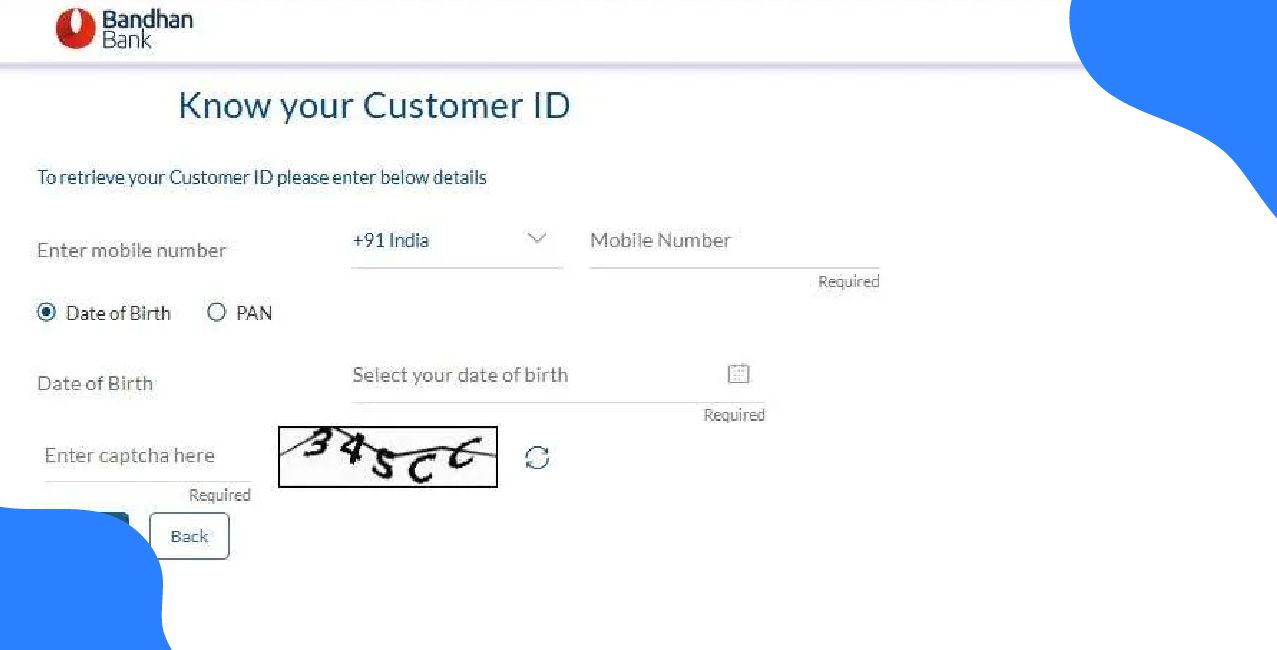
.png)
